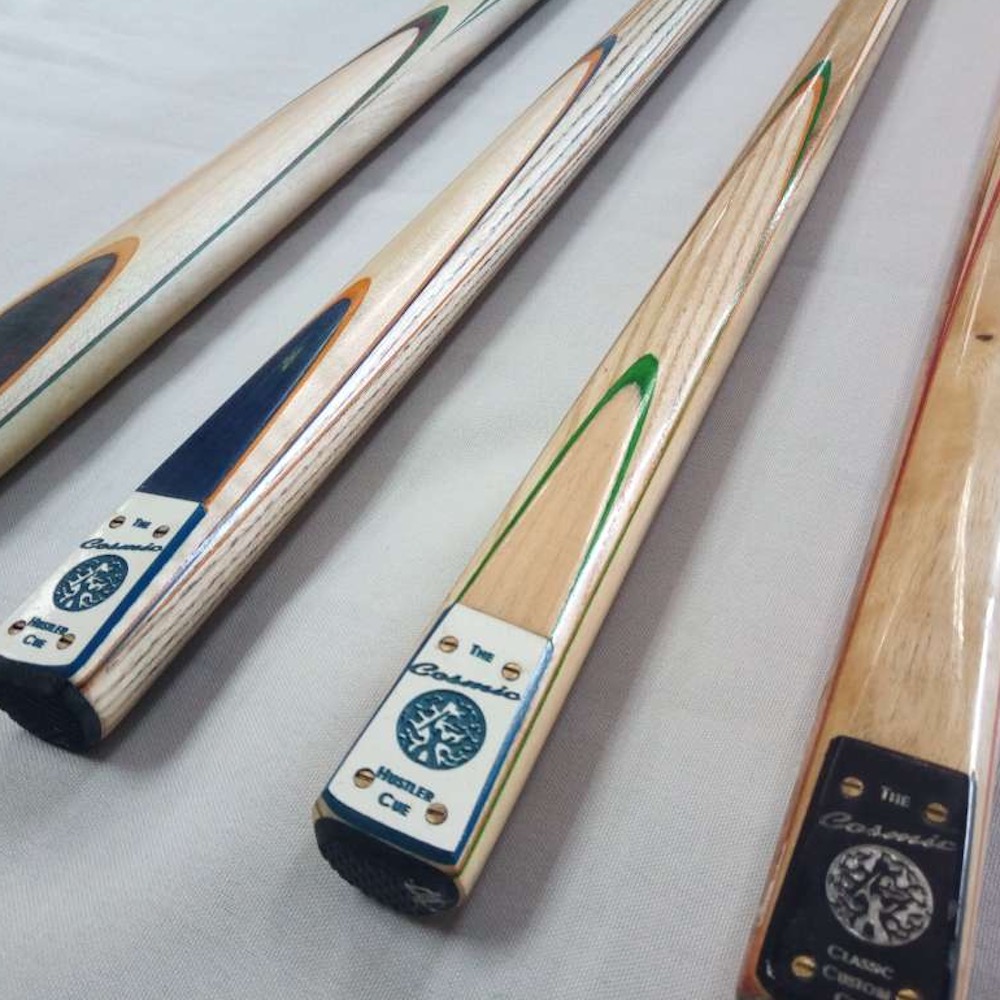
Pool balls can be used in billiards. These balls can be made from many materials but most often are made of phenolic. A mixture of formaldehyde (phenol) and phenol is called phenolic resin. These two compounds have a reputation for being durable and resistant to scratching. The mixture can withstand high temperatures. The resin will start to yellow when exposed to the sunlight.
The first pool ball was made from wood. These pool balls were strong but would crack as they grew older. Leo Baekeland, an engineer and chemist created a new type of plastic that was non-flammable in the 19th century. This new material was quickly called bakelite. It soon replaced wood for the manufacture of pool balls.
The creation of pool balls was an expensive process. It took a long time to develop the balls. One could easily cut the ball in half to see what it contained. The balls had eventually to be molded under extremely high pressures.

After the initial version of bakelite was invented, other inventors began to experiment with chemical compounds to make pool balls. These inventions were pioneering moments for the synthetic plastics industry.
Although phenolic resin is an excellent option for pool balls however, its price is much higher than that of its polyester counterpart. If you are not interested in spending a lot of money on pool balls, the polyester alternative is probably the right choice for you. However, the polyester option will not maintain its color for as long as phenolic resin.
The process of manufacturing a phenolic resin ball is a 23-day process. Each step is checked carefully to ensure there are no impurities. Additionally, phenolic resin balls can be stored in lower temperature spaces than polyester balls. Consequently, they are also more durable and last for longer periods of time.
Aramith is the largest manufacturer of phenolic pool balls. Their phenolic pool balls are extremely durable and retain their shine up to 40 year. They are also more affordable than polyester balls. If you are looking for a higher-quality set of balls, the Aramith Premier includes superior resin technology.

Iszy is another pool ball manufacturer that uses both phenolic resin and polyester resin. These pool balls may be cheaper than phenolic ball, but they won't hold their shine for nearly as long. Polyester balls are also more likely to fade and create burn spots on your table. These balls are still good for beginners.
Predator Arcos also manufactures phenolic resin balls. They use a proprietary chemical mixture to create them. In addition, these balls are through-hardened, so they are more dense. If you are looking to spend less, the Iszy marble swirl set may be for you.
Many companies attempt to reproduce the ivory billiard balls experience. The ivory material is no more available. Modern pool balls are made with a mix of formaldehyde phenolic resin. The current market has approximately 85% phenolic pool ball.